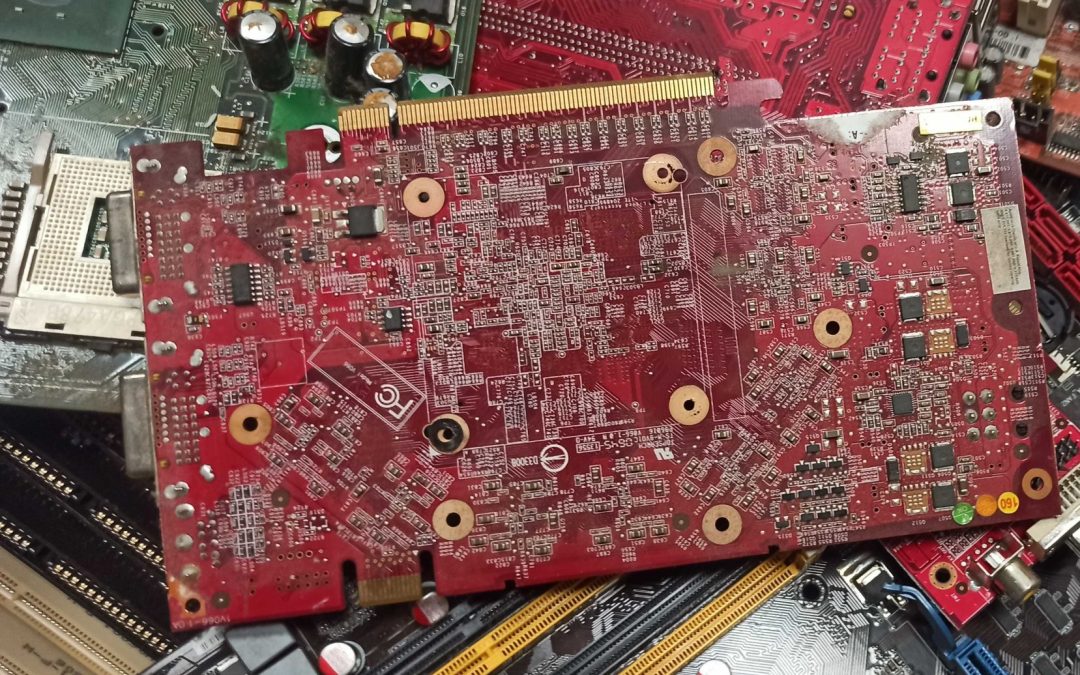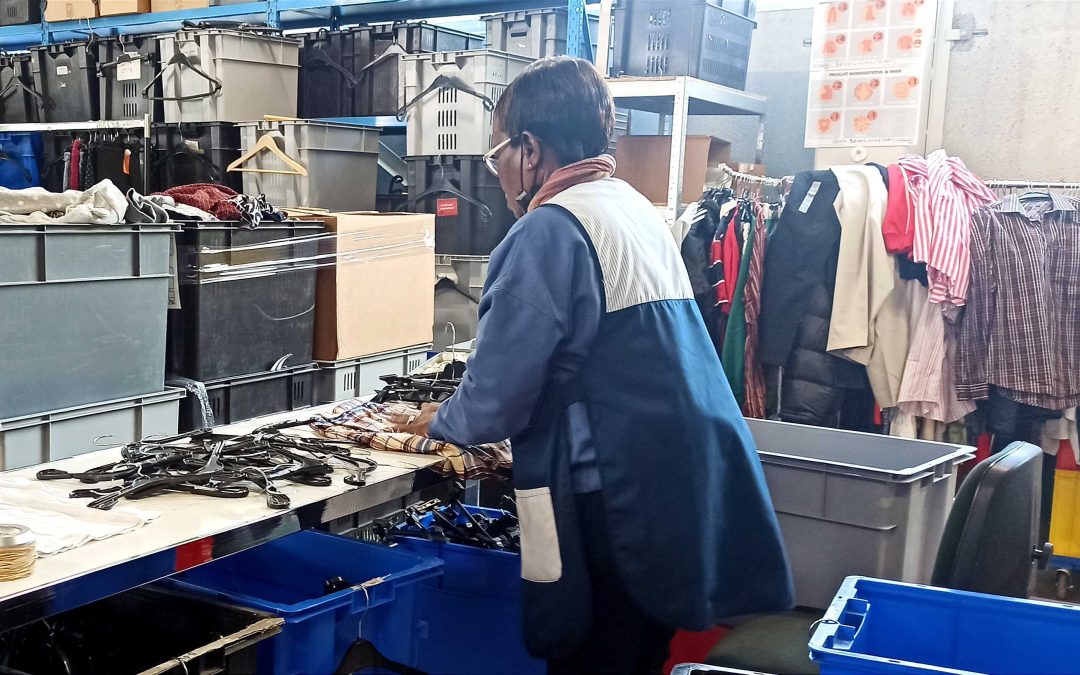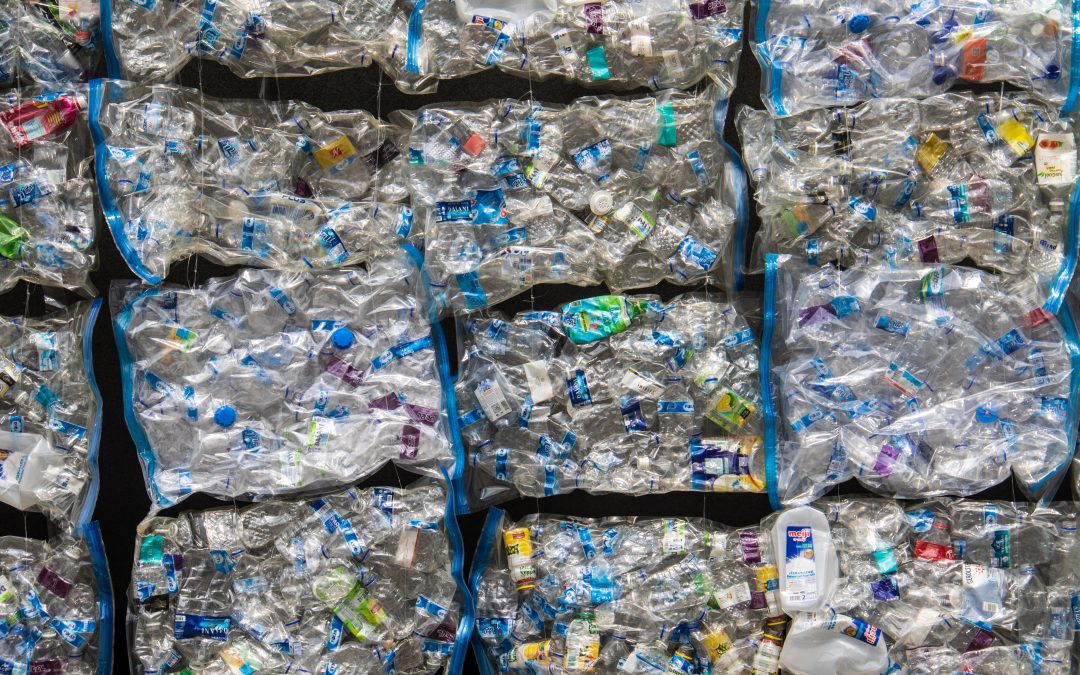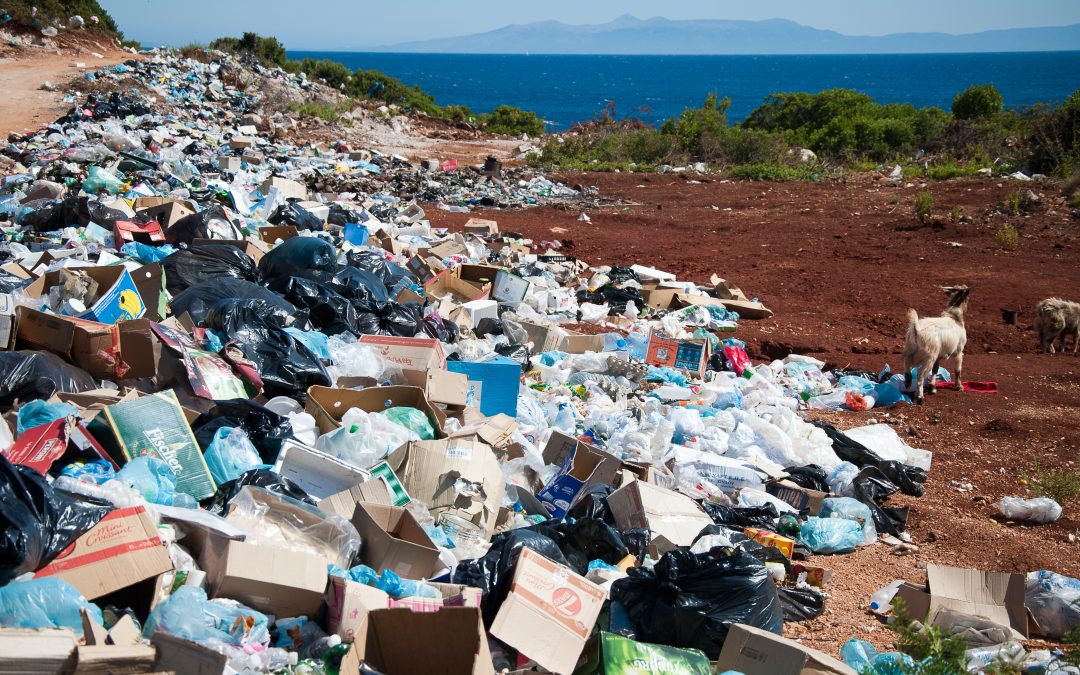E-waste is a unique waste stream because it contains both precious materials and hazardous substances, creating a concrete threat of environmental degradation if illegal actors motivated by the prospect of high profits engage in improper disposal.


E-waste is a unique waste stream because it contains both precious materials and hazardous substances, creating a concrete threat of environmental degradation if illegal actors motivated by the prospect of high profits engage in improper disposal.

This article aims to showcase how social enterprises contribute to an inclusive and just circular transition. It does so in three key areas: job creation, reskilling and upskilling, and provision of affordable essential goods for vulnerable individuals.

As the international network of reuse, repairing and recycling social enterprises promoting the social and circular economies, the RREUSE network has a long tradition of contributing to the implementation of the principles of the Pillar.

12 civil society organisations call on the European Commission not to use the Product Environmental Footprint category rules (PEF-CR) for apparel and footwear “as the standalone method behind any future textile product labelling scheme, for substantiating green claims made in marketing, or in any other EU policy measures announced as part of the EU Strategy for Sustainable and Circular Textiles”.

Following the Russian invasion of Ukraine in February 2022, on April 14, 2022, RREUSE, the European Network of Reuse and Recycling Social Enterprises, in cooperation with ENSIE, the European Network of Work Integration Social Enterprises (WISEs), organised an online discussion among their members in the presence of representatives of the European Commission (DG EMPL, DG GROW).

RREUSE welcomes the initiative and calls on the Commission to ensure the Council Recommendation sends a clear message to Member States to promote a better national framework in support of the actors of the social economy, including social enterprises active in reuse, repairing, and recycling waste management activities.

As part of its Circular Economy Action Plan, the European Commission published the “EU strategy for sustainable and circular textiles” on the 30th of March 2022. This communication presents the Commission’s vision for the future of the textile industry and related pieces of legislation concerning the sector. RREUSE puts forward a series of recommendations for the effective implementation of the Strategy.

Aiming at accelerating the green and digital transitions of the EU industry, the European Commission has prepared a Staff Working Document to outline possible scenarios for a transition pathway for a more resilient, sustainable, and digital textiles ecosystem. RREUSE reflected on the issues and possible output scenarios for 2030 that were presented in the Staff Working Document, and put together the response below.

So far, EU member states’ waste prevention plans do not adequately implement quantitative targets. So far, EU member states’ waste prevention plans do not adequately implement quantitative targets.

RREUSE, in accordance with ENSIE, proposes adding another exception to Article 1 of the De Minimis Regulation. With this proposal, RREUSE joins partner organizations’ call to advocate for the development of the job creation potential brought by work integration social enterprises.

While most Member States address circular policies to foster the green transition within their recovery and resilience plans, still too many fall short of designing holistic environmental measures with a strong social component. Within a current context of economic uncertainty and multiple global crises, besides the necessity of a green transition that is both fair and inclusive, RREUSE emphasises the importance of an economic and environmental agenda characterised by strong social and circular economy principles.

The take, make, use, and dispose economy is fuelling the climate emergency. Re-use and preparation for re-use contribute to climate change mitigation by preventing resource depletion, diverting products and materials from landfills and incineration (therefore preventing associated emissions), and reducing energy demand.